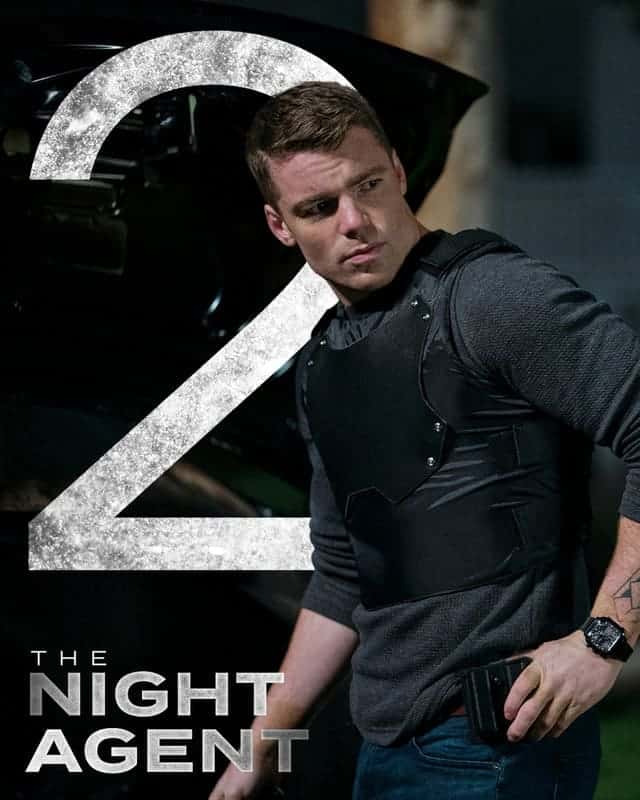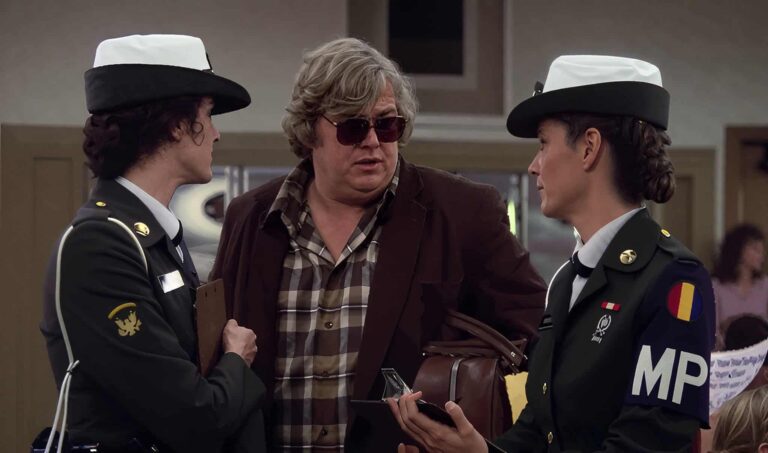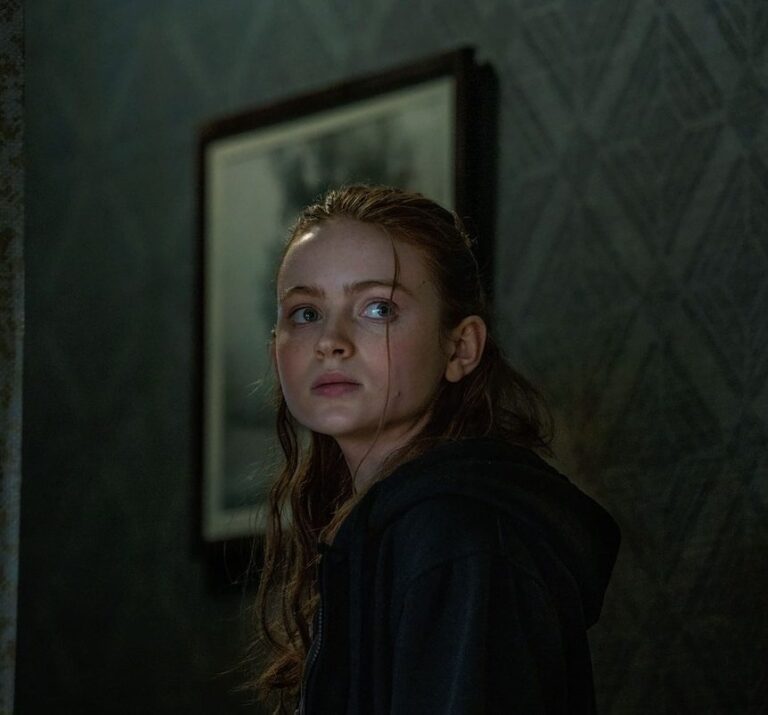David Zayas Explains Dexter Resurrection Twist and Why Playing Angel Was Incredible
In a season filled with heart-pounding suspense, David Zayas’s portrayal of Angel Batista in Dexter: Resurrection reached its emotional apex with the dramatic and tragic twist in Episode 9, “Touched by an Ángel.” Zayas captured the moment with both gravitas and integrity—an ending that was as devastating as it was powerful.
Dexter Resurrection: A Twist Decades in the Making
David Zayas was given full awareness from the outset that Angel Batista’s arc would culminate in his death—a decision he embraced. In a recent People interview, Zayas said he felt it was “probably the most logical way to end this season” for a character consumed by his pursuit of justice. Batista, after all, doesn’t fit Dexter’s kill code—just as LaGuerta and Doakes didn’t—making it fitting that someone else ultimately ended his life.
In the penultimate episode, Batista attempts to let Dexter go. But when Dexter doesn’t take the opportunity to kill him, Batista’s confrontation escalates—and is cut short when Dexter’s enemy, Leon Prater, shoots him dead. It’s a gut-punch moment that marks a pivotal moment in the series, reshaping Dexter’s psychological trajectory as the finale looms.
A Career-Defining Farewell
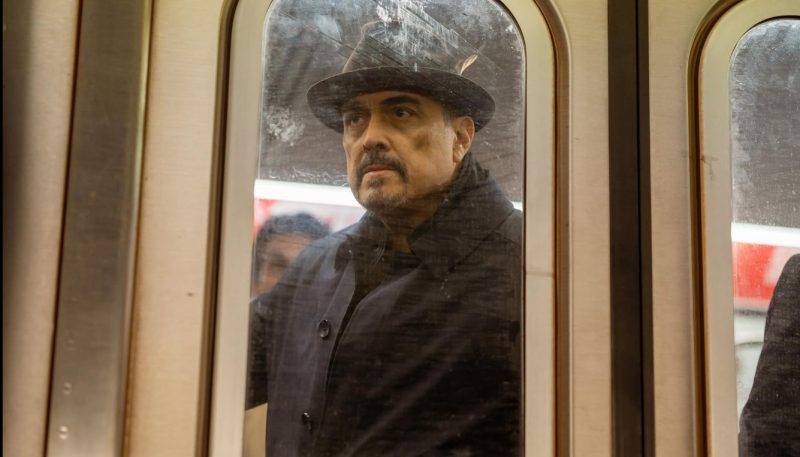
For Zayas, who has portrayed Batista since the original Dexter premiere, this character is more than a role. In the same People interview, he says the role has been “the best role of my acting career,” he stated with deep pride.
Batista’s final words—“F*** you, Dexter Morgan”—were initially jarring even to the actor. But Zayas ultimately recognized the line’s potency: “I don’t know if I want to say this… but then I realized this has to be it.” It was honest. It was real. And it served a purpose within the story. He praised the writers for giving him such a meaningful and emotional conclusion to a journey spanning nearly two decades.
Angel Batista’s Legacy: Darker, Dirtier, Yet Devoted
Returning in Resurrection, Batista wasn’t the same Miami cop fans remembered. Exiled in New York without formal authority, he is darker, less trusting, and angrier than before. His moral compass, however, remains intact and fuels his dogged search for answers. This was no antagonistic turn for Zayas: rather, a nuanced evolution. Batista is driven by grief, by the losses of Debra, LaGuerta, and others, and by his refusal to ignore the truth when it finally came to light.
Why the Twist Worked—and Why It Hurt
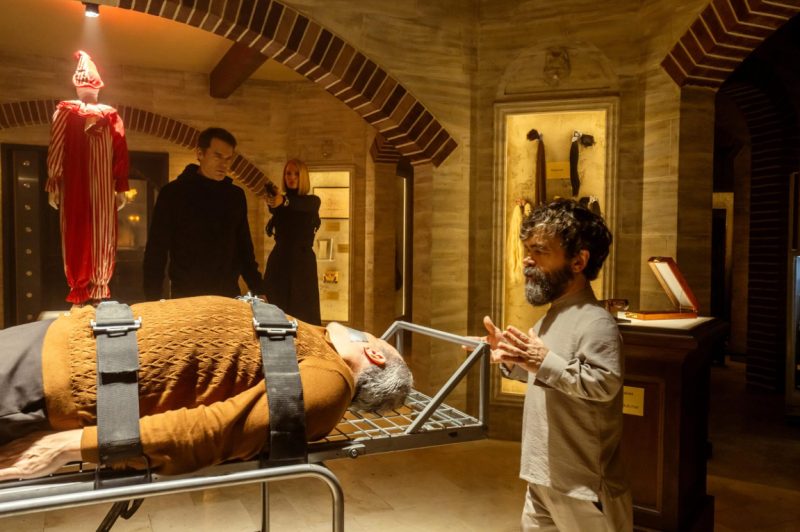
Critics and fans alike have lauded the choice. Batista’s death felt inevitable, yet shocking—the tearing apart of a character grounded in decency and humanity. His sacrifice underscored the lethal ripples of Dexter’s secret life, while spotlighting the emotional toll on those closest to him.
Zayas himself acknowledged that Batista’s fate amplified the story’s stakes, and perhaps paved the way for him to return in a non-literal sense (think ghosts or hallucinations). After all, in the Dexter universe, one is never truly gone.
Final Thoughts: A Resounding Goodbye
David Zayas’s take on Angel Batista’s journey is both heartfelt and incisive. He balanced the honor of saying farewell to a cherished character with the understanding that this exit was necessary, memorable, and narratively fitting. When you hear Batista’s final words—“F*** you”—know they are not just a moment of defiance. They’re a testament to a man who stayed true to himself, his moral code, and the truth he believed in…right to the end.
Fans may mourn the loss, but Zayas reminds us: never say never. And perhaps, in some form, Angel Batista may grace the Dexter world again.


